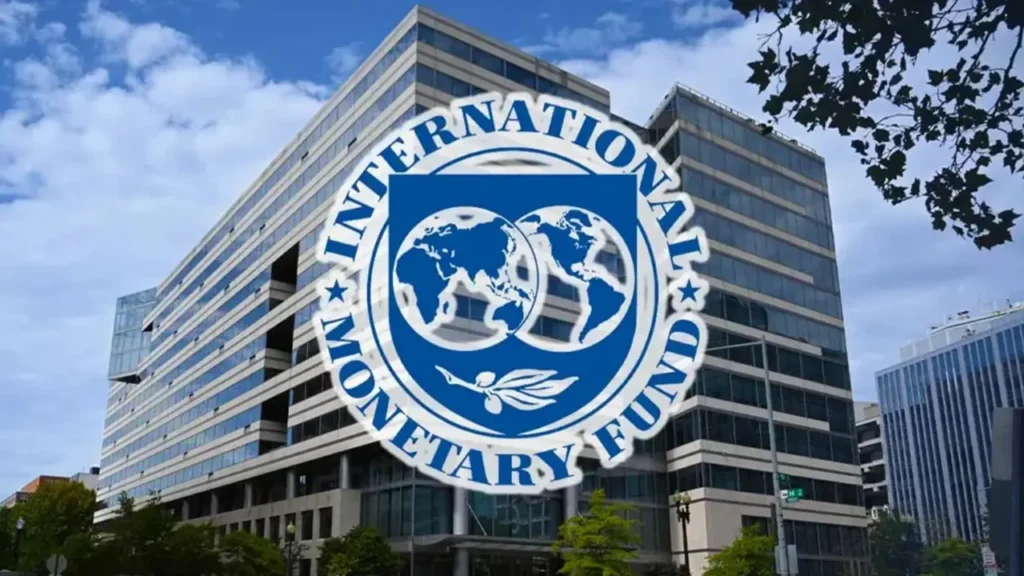- Web
- Feb 05, 2026
Govt resists IMF push for carbon levy on petroleum and coal
-

- Web Desk
- Mar 08, 2025

ISLAMABAD: Pakistan has rejected the International Monetary Fund’s (IMF) proposal to introduce a carbon levy on petroleum products, coal, and internal combustion engine (ICE) vehicles, raising concerns about how the generated funds would be managed and jurisdictional complexities.
The IMF floated the idea during discussions with officials from various Pakistani ministries, including Petroleum, Finance, Climate Change, Industries, and the Federal Board of Revenue (FBR). The proposal is aimed at reducing the country’s reliance on fossil fuels.
As part of the plan, the IMF recommended a gradual increase in the petroleum levy from Rs60 to Rs70 per litre over three years, with an initial Rs3 per litre rise in the first year. The revenue from the increased levy, according to the IMF, should be directed towards promoting green energy projects.
Additionally, the IMF proposed increasing the federal excise duty on ICE vehicles, treating the additional tax as part of the carbon levy.
Pakistani authorities, however, expressed reservations about the plan, particularly questioning how the funds raised through these levies would be utilised. There were also concerns about the potential carbon levy on coal, which falls under the provincial government’s jurisdiction. This presents a challenge, as carbon levy revenues would need to be shared with provinces, unlike regular taxes, which are distributed under the National Finance Commission’s (NFC) framework.
While opposing the carbon levy in general, the FBR supported the idea of raising excise duty on cars. Currently, cars in Pakistan are already subject to heavy taxation, with levies making up 36 to 45 per cent of a vehicle’s price, depending on the model. The taxes include advance income tax, sales tax, federal excise duty, and registration fees.
Government data shows that the transport sector accounts for 10 per cent of Pakistan’s total carbon dioxide emissions. To combat this, the Engineering Development Board is finalising a five-year policy to promote New-Energy Vehicles (NEVs) as a cleaner alternative to ICE vehicles. It is estimated that the country will need Rs155 billion by 2030 to support the transition to electric and hybrid vehicles.
Pakistan’s transport sector consumes nearly 80 per cent of the country’s imported oil. While a shift to electric and hybrid vehicles could reduce the pressure on foreign exchange reserves, the transition remains expensive, requiring subsidies, tax incentives, and new infrastructure.
The IMF suggested that the carbon levy revenues could help make electric two-wheelers and three-wheelers more affordable, easing the switch to cleaner transport.
The World Bank has also supported the idea of a carbon tax for Pakistan, arguing that it could help reduce the country’s dependency on imported fossil fuels, which account for a significant portion of the nation’s energy supply and contribute to fiscal challenges.
In the meantime, the government is developing National Vehicle Emissions Efficiency Standards to encourage cleaner and more efficient vehicles. However, discussions on the carbon levy remain ongoing as authorities continue negotiations with the IMF.
Read next: IMF considers lowering tax collection target amid economic slowdown




